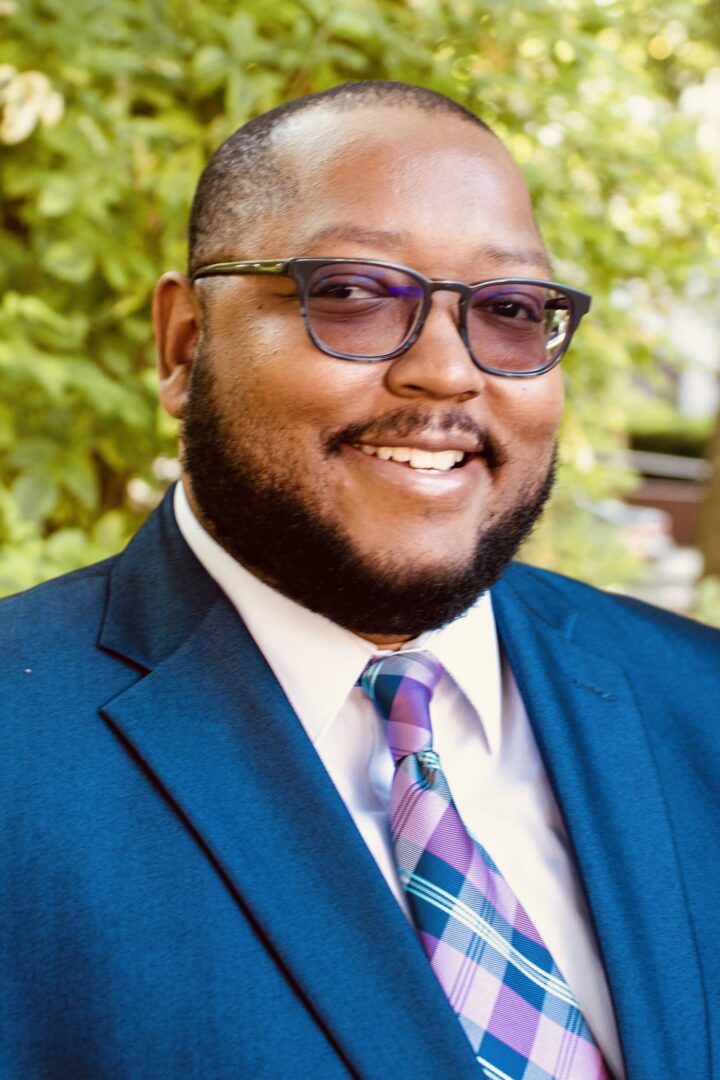We recently connected with Dwayne Steward and have shared our conversation below.
Dwayne, first a big thank you for taking the time to share your thoughts and insights with us today. I’m sure many of our readers will benefit from your wisdom, and one of the areas where we think your insight might be most helpful is related to imposter syndrome. Imposter syndrome is holding so many people back from reaching their true and highest potential and so we’d love to hear about your journey and how you overcame imposter syndrome.
As a black queer man navigating leadership within the nonprofit industrial complex for nearly two decades, imposter syndrome has been an intimate part of the journey. I grew up in rural Ohio with evangelical parents. It was a childhood that didn’t allow much space for a black and feminine boy just trying to find safety in the world. So, at an early age, I drew into myself and became a pretty shy kid who tried to take up as little space as possible as a defense mechanism. I believe this is where the imposter syndrome started. How could someone like me ever be worthy enough to be listened to? Let alone lead. It would take a lot of internal work over several years to break from those chains. Early on in my career I centered my work on doing what I could to create safe spaces for others. Finding ways to make mainstream Pride events feel more inclusive to LGBTQ+ people of color. Building programs that made it easier for low-income communities to access social services. Deconstructing rigid institutions, like healthcare, to make it easier for marginalized communities to navigate them. Now that I think about it, this likely was fueled by my own need for these spaces as a child. Projection often shows itself in the ways in which we fill these gaps as adults. It was in this work to build communities and enterprises of inclusion that I developed a reputation for getting things done, and I unexpectedly found myself being called upon to lead. Each leadership position would then create a recruitment opportunity for the next role. Soon I would begin to believe what others saw in me.
However, in every leadership role, I’ve found myself still met with cynicism in some regard, for either being too young or too marginalized. If I received a dollar for every time someone was surprised when they met me in person, or virtually, after a series of email conversations, and for each time someone was noticeably flabbergasted when they learned my age after learning my title or my experience, I could have retired years ago. Despite how far I’ve come, every time my abilities are questioned because of my outer appearance, the microaggression still stings and imposter syndrome tries to creep back in. But now I’ve learned to allow the chorus of my supporters drown out the negativity. Because imposter syndrome is just that, an imposter. A lie that our subconscious keeps telling us because of the stereotypes fueled by an unjust world. I simply stopped believing the lie. When this finally happens, your ability to lead becomes stronger and your passion is given space to make room for your greatness. It is in this space of self-assurance that we learn to thrive.
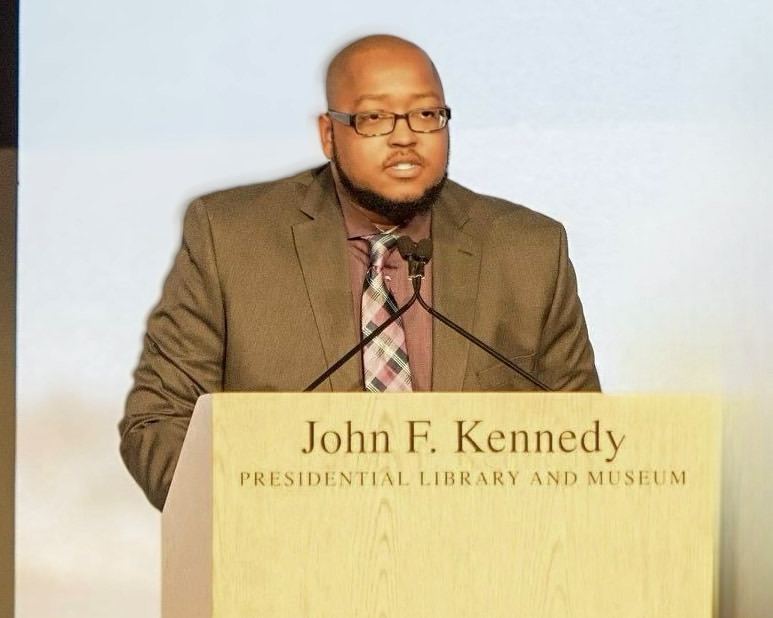
Let’s take a small detour – maybe you can share a bit about yourself before we dive back into some of the other questions we had for you?
I usually use three words to describe myself. Writer. Speaker. Activist. I got my start as a journalist, but pivoted to community organizing when I discovered I didn’t want to only write about the world’s issues, I also wanted to do something about them. But my love of writing has always held a piece of my heart and is something I continue through other avenues to this day. I believe in speaking truth to power and I am lucky that I get to use my voice regularly to facilitate moments of education and community mobilization. And all of this contributes to my identity as an activist, specifically as it pertains to the intersection of LGBTQ+ rights and racial justice. These skills dovetail nicely with my passion for nonprofit sustainability. There are more than a million organizations with a nonprofit IRS designation in America but a third of nonprofits say they don’t’ have enough resources to meet the needs of their communities. And most of the folks at the center of this need live at the intersection of a minoritized gender, race and/or sexuality. I’ve worked within nonprofit systems for nearly two decades and one thing I’ve noticed is the system is riddled with inefficiency and inequity. As the CEO of Make It Better Consulting, I work with nonprofits nationwide to fill the efficiency gap using an innovative integration of operations that leads to operational excellence. I also live out the “Make It Better Method” daily in my role as the Executive Director of Equality Ohio, an LGBTQ+ advocacy organization leading the fight on the front lines of social justice. I’ve dedicated my life to developing pathways to opportunity for undervalued communities and doing so by governing from the margins, because I truly believe when you create a solution that works for the most marginalized you create a solution that works for us all.
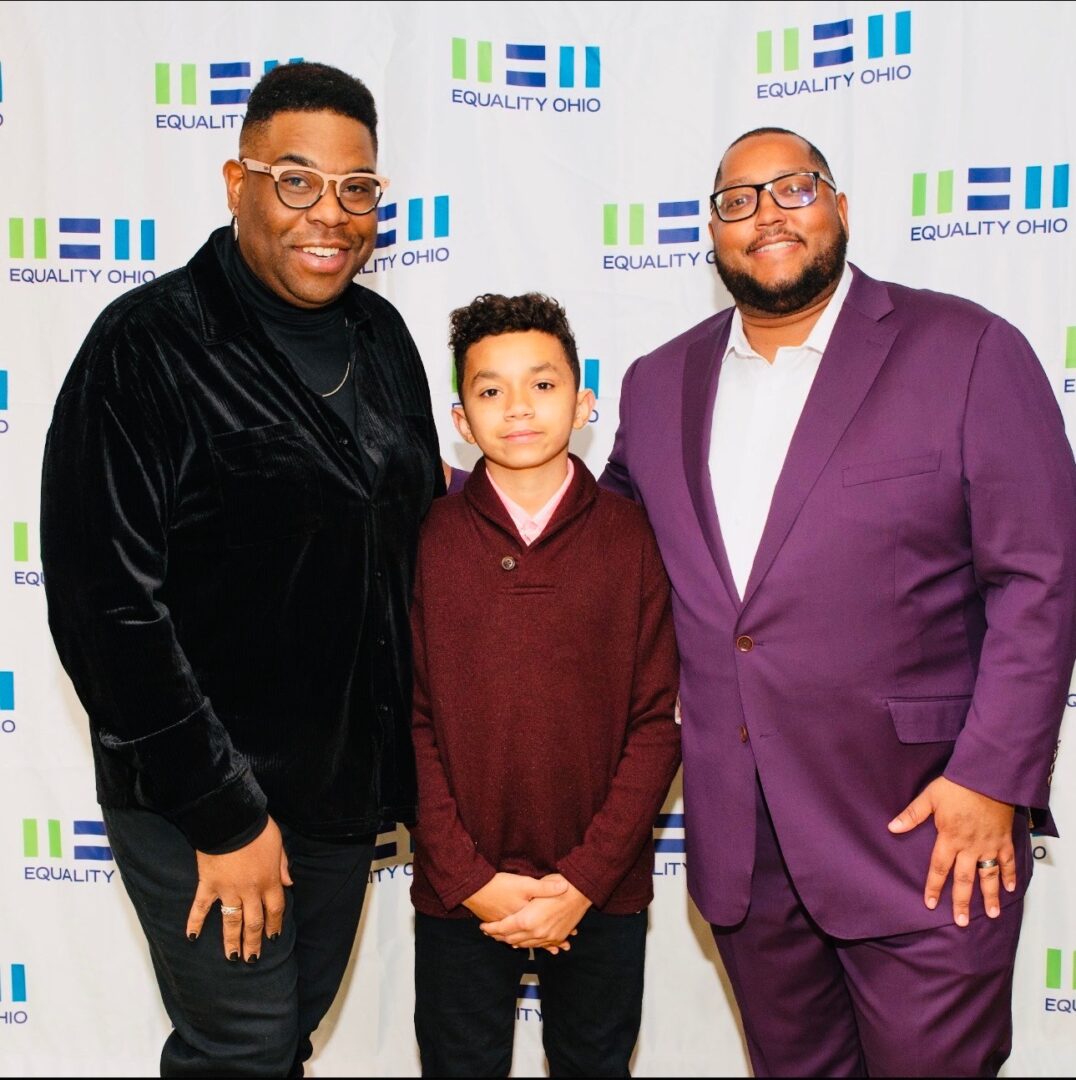
There is so much advice out there about all the different skills and qualities folks need to develop in order to succeed in today’s highly competitive environment and often it can feel overwhelming. So, if we had to break it down to just the three that matter most, which three skills or qualities would you focus on?
My passion, taking initiative, and making it a point to empower others have been three qualities that have helped create pathways for opportunity in many areas of my career.
My passion for my community has opened doors for me in ways I never expected. I started out as a volunteer community health worker and that led to my first job in public health. Once my foot was in the door the rest was history. If you’re looking for an opportunity, position yourself in the field in a way that gets your work seen consistently (i.e. volunteering, internships, fellowships, etc.) and your talent will naturally make room for you. Creating positional power is half the battle.
Trusting my gut to take initiative and having a strong work ethic was crucial to my success. It’s cliche, but going “above and beyond” works. But you also have to make your unique set of skills indispensable. You can be a leader no matter what your title may be. Having a wide and consistent positive influence is what drives growth, whether you’re climbing the company ladder or trying to increase your entrepreneurial footprint.
Being intentional about empowering others is crucial to my work as an activist, especially because I have often found myself in situations where I am the “first.” The first black LGBTQ+ person to lead the department. The youngest LGBTQ+ person to make it to the c-suite. The first black male to take the helm as CEO of the agency. There’s an old saying that you can’t celebrate yourself for being the first if you’re also the last. I make it a mission to empower others through mentorship and sponsorship so that I’m doing my part to ensure my opportunities become opportunities for others. Everyone that has privilege should be finding a way to help create access for others so that privilege doesn’t stop with them.
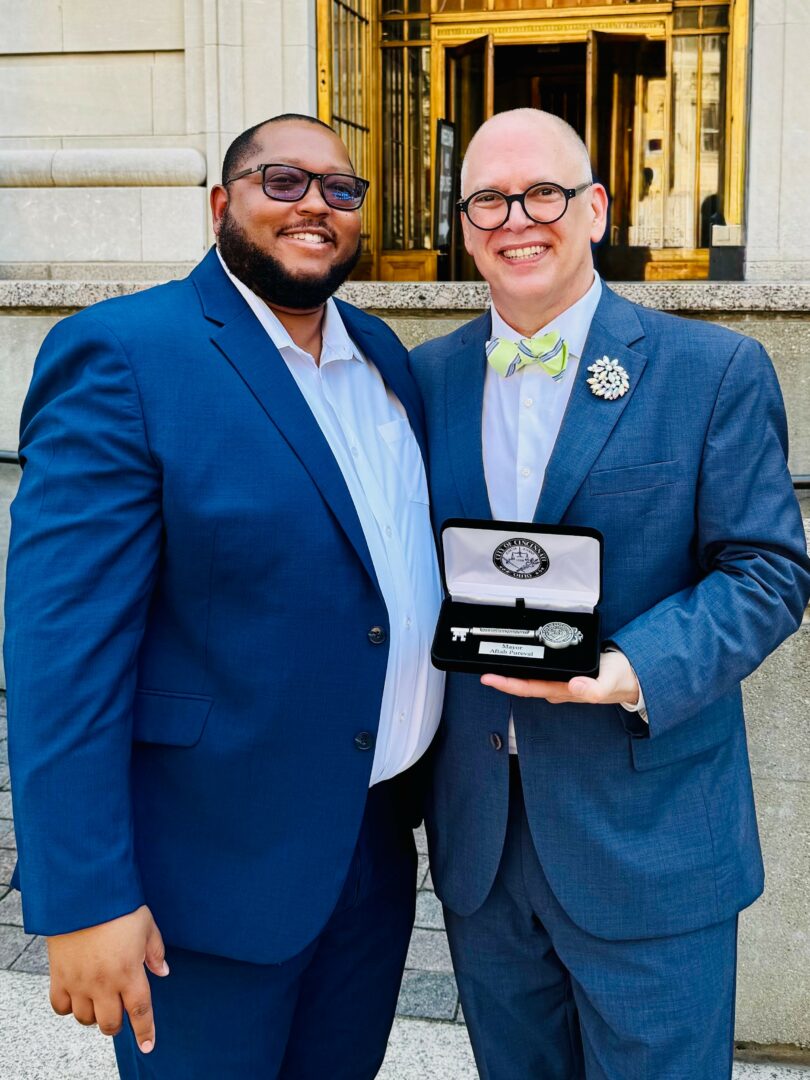
We’ve all got limited resources, time, energy, focus etc – so if you had to choose between going all in on your strengths or working on areas where you aren’t as strong, what would you choose?
There’s so much research that shows strength-based approaches lead to more efficiency and better team culture. I have never been good with numbers. Spreadsheets make my head spin. But I’m an expert at strategic planning and I’m really good at helping people discover their talents in leadership. So, when I got my first opportunity to lead a department I specifically built a leadership team that possessed the skills I lacked. We quickly became the highest producing and most diverse department in the agency. Despite popular belief, ego is a success killer. Self-assurance is what’s necessary to succeed long term. The smartest person in the room is often the person that surrounds themselves with those who are smarter.
Contact Info:
- Website: https://www.dwaynesteward.com
- Instagram: https://www.instagram.com/dwayneasteward
- Facebook: https://www.facebook.com/dwayneasteward
- Linkedin: https://www.linkedin.com/in/dwaynesteward
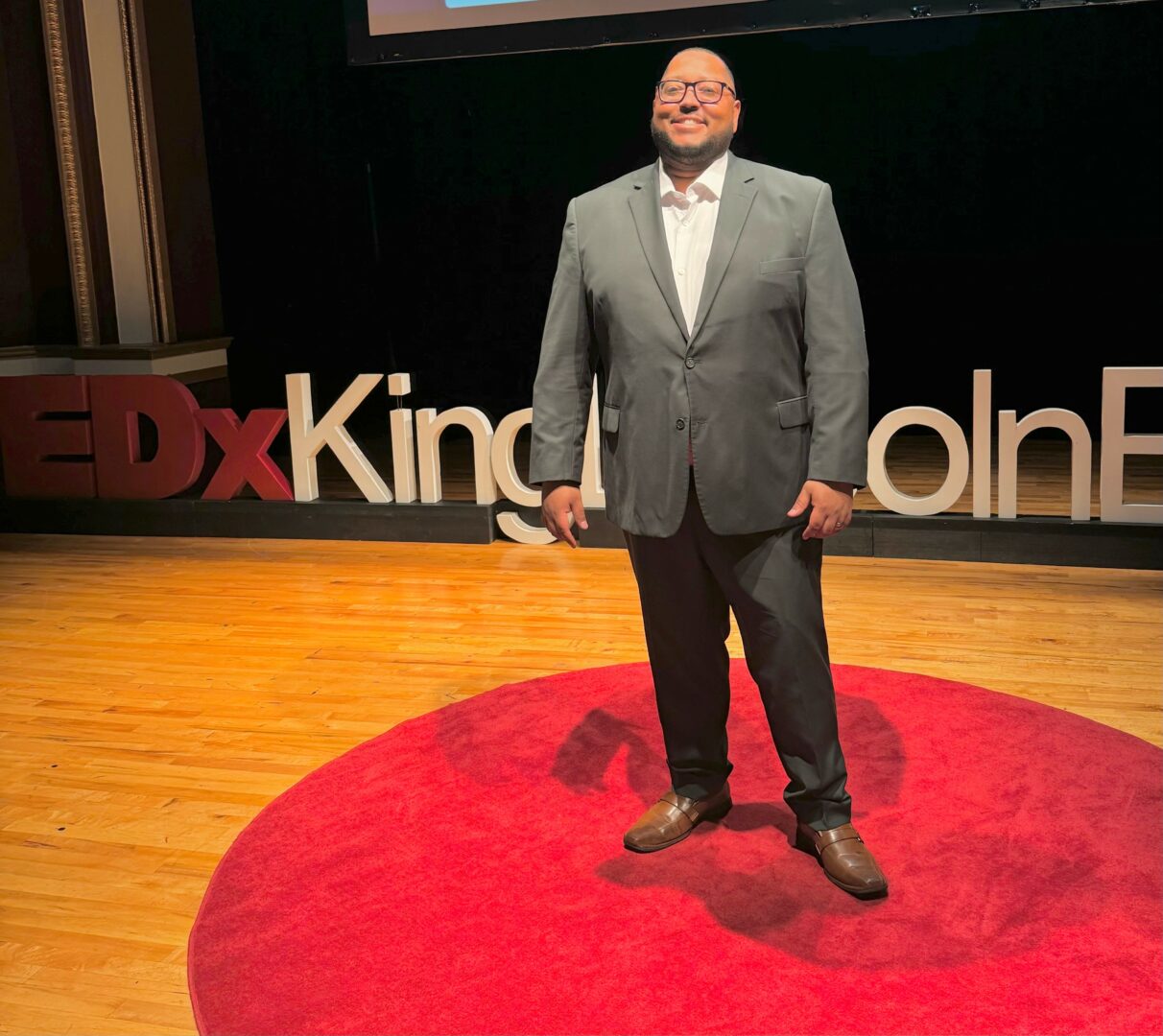
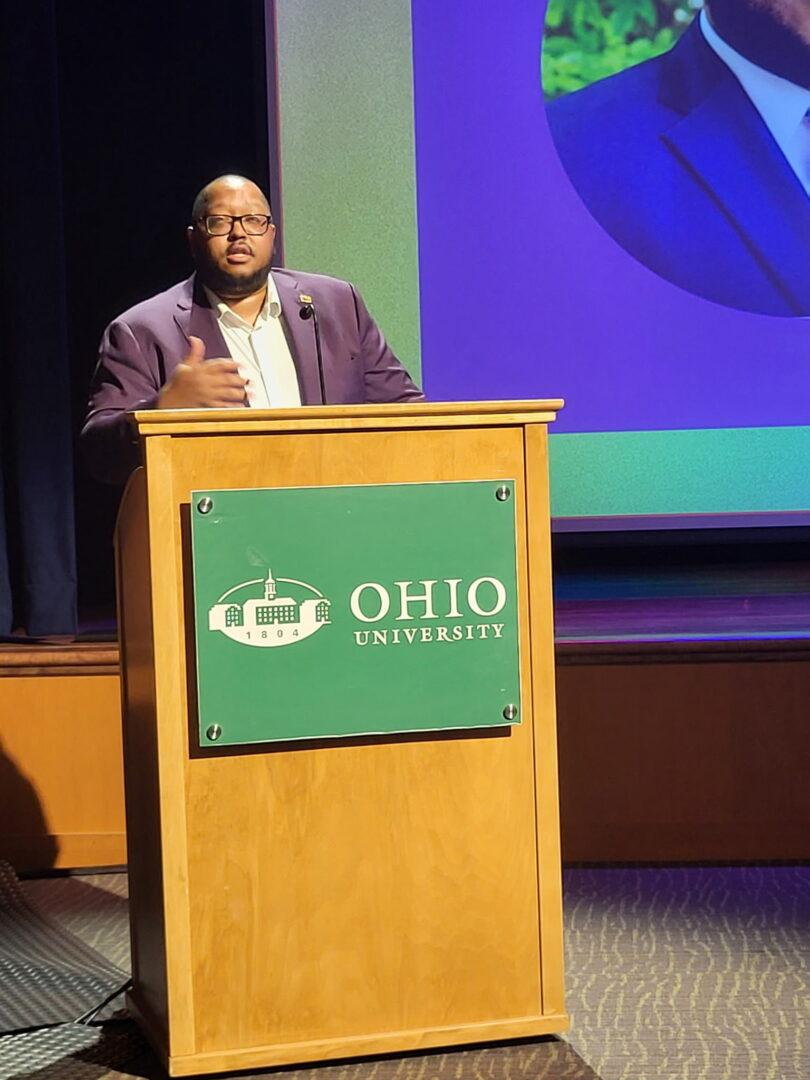
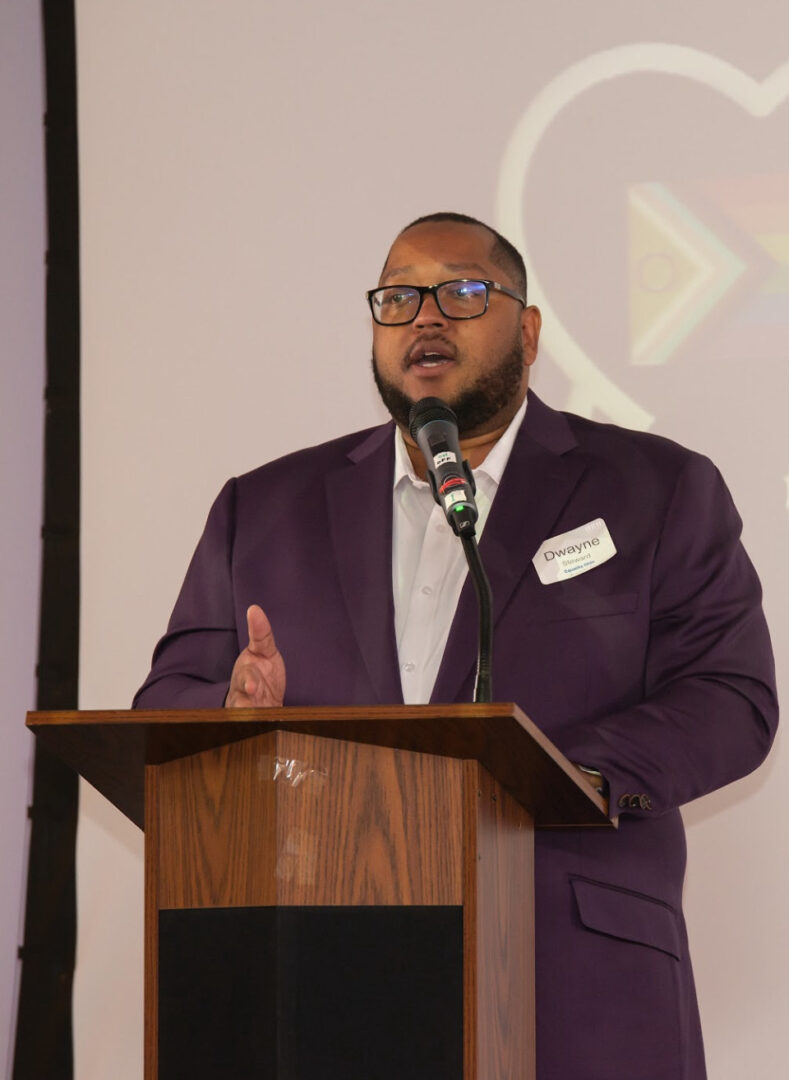
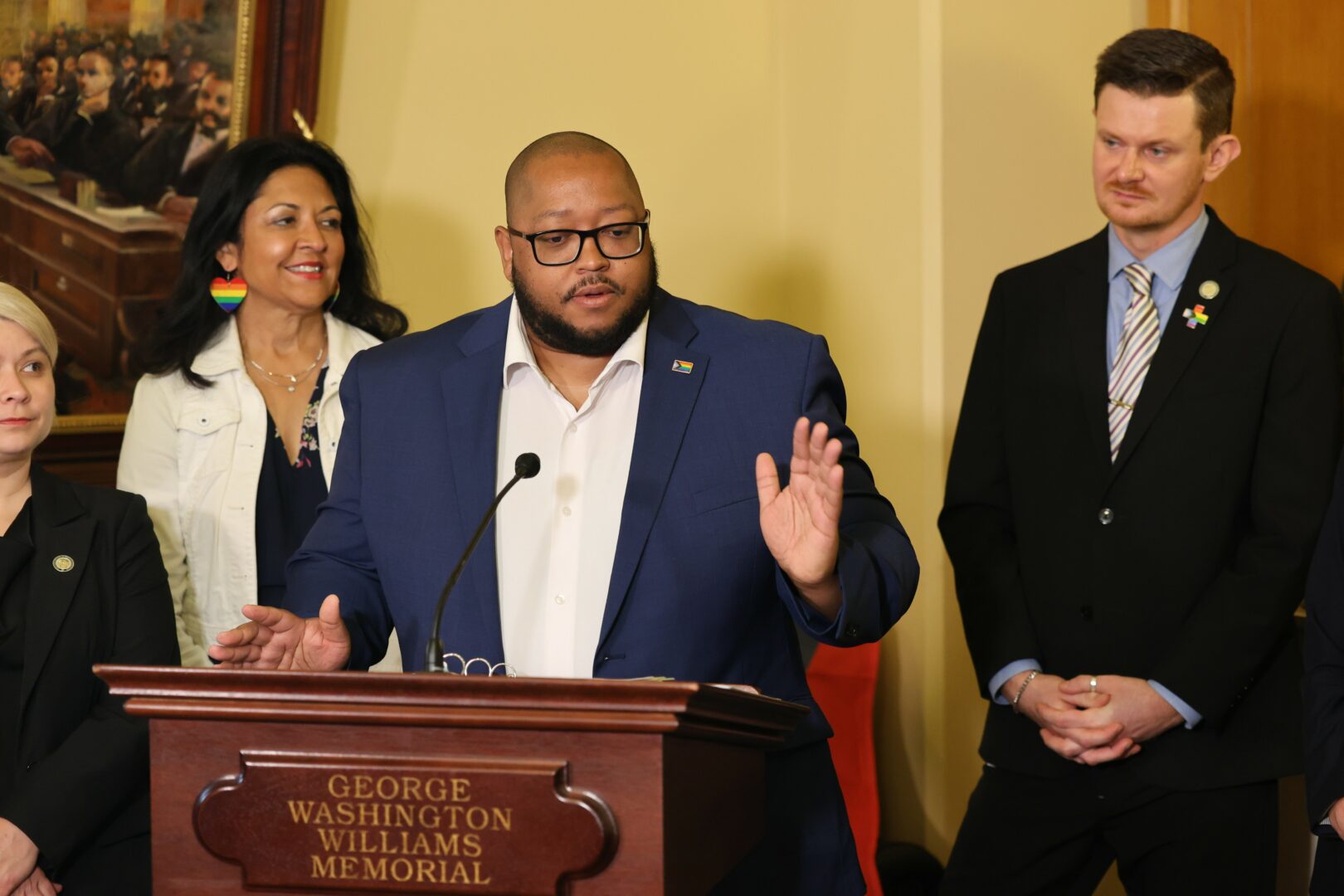
Image Credits
Celeste Noche (Headshot)
so if you or someone you know deserves recognition please let us know here.

